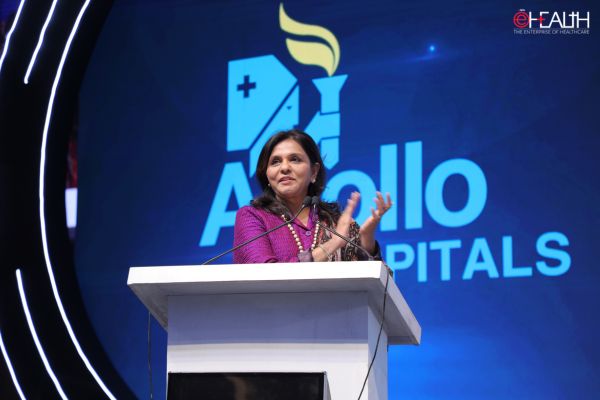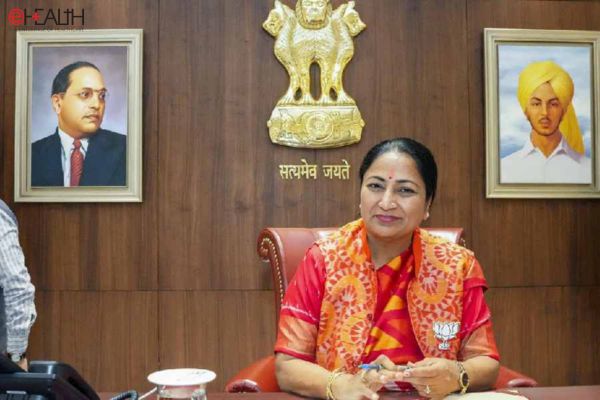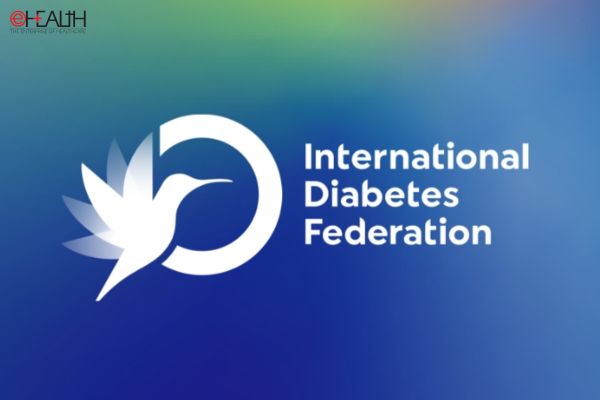
In a concerted effort to address the growing health challenges stemming from dietary habits, the Indian Council of Medical Research (ICMR) has unveiled updated Dietary Guidelines for Indians (DGIs). These guidelines, meticulously crafted by a multidisciplinary committee led by Dr. Hemalatha R, Director of ICMR-National Institute of Nutrition (NIN), underscore the critical link between nutrition and the prevalence of non-communicable diseases (NCDs) in India.
Recent estimates reveal that an alarming 56.4% of the country’s disease burden can be attributed to unhealthy dietary patterns. Recognizing this urgent need for intervention, the ICMR-NIN emphasizes the pivotal role of balanced nutrition in preventing NCDs such as obesity, diabetes, coronary heart disease (CHD), and hypertension (HTN).

The updated guidelines advocate for a holistic approach, urging individuals to prioritize nutrient-rich foods while minimizing the consumption of sugars, fats, and ultra-processed foods. Central to the recommendations is the imperative to curtail salt intake, engage in regular physical activity, and make informed food choices by scrutinizing labels for nutritional information.

Dr. Rajiv Bahl, Director General of ICMR, underscores the relevance of these guidelines in addressing the evolving food landscape of India. He emphasizes the incorporation of practical advice on food safety, selecting minimally processed foods, and promoting physical activity to bolster holistic nutrition and wellness.
Highlighting the nutritional challenges faced by different demographics, the guidelines stress the importance of diversifying dietary sources to ensure adequate intake of essential macronutrients and micronutrients. Particularly concerning is the prevalence of high triglycerides among children aged 5-9 years, indicating the early onset of metabolic disorders due to suboptimal nutrition.
The guidelines advocate for a balanced diet that allocates calories wisely, with a focus on incorporating cereals, millets, pulses, beans, meat, nuts, vegetables, fruits, and milk in appropriate proportions. Addressing the constraints of affordability and accessibility, the guidelines offer pragmatic solutions to mitigate nutritional deficiencies prevalent among the population.
As India grapples with the dual challenges of undernutrition and rising NCDs, the release of these revised dietary guidelines marks a significant stride towards promoting public health and well-being. By empowering individuals to make informed dietary choices and embrace healthier lifestyles, the ICMR-NIN endeavors to chart a path towards a healthier, resilient nation.
Be a part of Elets Collaborative Initiatives. Join Us for Upcoming Events and explore business opportunities. Like us on Facebook , connect with us on LinkedIn and follow us on Twitter , Instagram.
"Exciting news! Elets technomedia is now on WhatsApp Channels Subscribe today by clicking the link and stay updated with the latest insights!" Click here!














